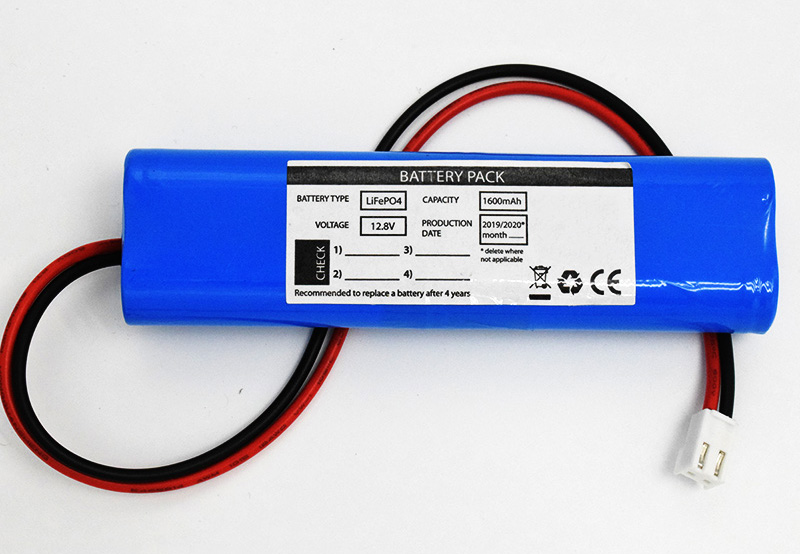How to Extend the Lifespan of Lifepo4 Batteries?
Lithium iron phosphate (LiFePO4) batteries are a popular choice for emergency lighting systems due to their high energy density, long cycle life, and low self-discharge rate.

However, to get the most out of these batteries and extend their lifespan, it's important to follow a few best practices. In this article, we'll explore some tips and tricks to help you get the most out of your LiFePO4 batteries.
Use a High-Quality Charger
The quality of the charger used to charge your LiFePO4 batteries can significantly impact their lifespan. When selecting a charger, look for one that has a high-quality charge controller to ensure that the battery is not overcharged or undercharged. Overcharging can cause the battery to overheat, which can reduce its lifespan, while undercharging can cause it to discharge more quickly.
Use the Right Charging Voltage
It's essential to use the correct charging voltage when charging your LiFePO4 batteries. Using the wrong voltage can cause the battery to overheat, which can reduce its lifespan. LiFePO4 batteries typically have a nominal voltage of 3.2V per cell, and the recommended charging voltage is between 3.55V and 3.6V per cell. Charging at a higher voltage than recommended can damage the battery, while charging at a lower voltage can result in undercharging, which can reduce the battery's capacity.
Store at the Correct Temperature
LiFePO4 batteries are sensitive to temperature changes, and storing them at the wrong temperature can significantly impact their lifespan. The recommended storage temperature for LiFePO4 Rechargeable Battery is between 0C and 25C. Storing the battery outside of this temperature range can cause it to lose capacity or suffer permanent damage. For best results, store the battery in a cool, dry place.
Do Not Deep Discharge
While LiFePO4 batteries are capable of deep discharging, doing so can significantly reduce their lifespan. It's recommended to maintain a charge level of at least 30% and recharge the battery before it drops below this level. Deep discharging can also cause the battery to overheat, which can lead to permanent damage.
Avoid Overheating
Overheating can significantly reduce the lifespan of LiFePO4 batteries. To avoid overheating, it's important to use the battery within the recommended temperature range and avoid exposing it to high temperatures, such as direct sunlight. If the battery does get hot, allow it to cool down before using it again.
Use the Right Capacity
When selecting a LiFePO4 battery for emergency lighting, it's essential to choose one with the right capacity. Using a battery with a lower capacity than required can result in shorter run times, while using a battery with a higher capacity than needed can cause overcharging and reduce the battery's lifespan.
Keep the Battery Clean
Over time, dirt and dust can accumulate on the battery's terminals, which can reduce its performance. To keep the battery clean, wipe the terminals with a clean, dry cloth regularly. If the battery is heavily soiled, use a soft brush to remove any dirt or debris.
Charge the Battery Regularly
If the LiFePO4 battery is left unused for an extended period, it can self-discharge, which can reduce its lifespan. To avoid this, it's important to charge the battery regularly, even if it's not being used. It's recommended to charge the battery every three months to maintain its capacity and prevent self-discharge.
Avoid shocks and vibrations
Lithium iron phosphate batteries are sensitive to shock and vibration, which can damage internal components and reduce their life. To avoid shocks and vibrations, handle the battery carefully and store it in a safe place.
More articles:
The Future of Energy Storage: LiFePo4 Battery Packs Leading the Way
Integrating Battery Storage with a Hybrid Inverter: Key Considerations

Comments
0